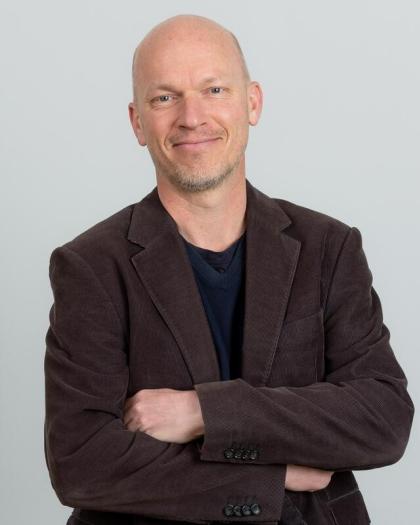Morgenbladet reports on findings from publication on the sociopolitical legacies of violence
A groundbreaking study published in the American Journal of Political Science reveals the unexpected social resilience of sexual violence survivors in conflict zones.
Main content
The Norwegian weekly newspaper Morgenbladet has picked up on a study published by Carlo Koos, a political scientist at the University of Bergen, and his colleague Richard Traunmüller at the University of Mannheim. Their research, featured in the American Journal of Political Science focuses on sexual violence perpetrated by rebel groups, militias, and security forces during armed conflicts.Spanning eight years and involving over 10,000 participants from conflict zones including the DR Congo, Liberia, and Sri Lanka, the study aims to shed light on the social and political impacts of such violence.
One innovative method they used is the “list experiment,” which ensures anonymity and reduces the stigma associated with reporting sexual violence. This approach revealed that survivors are often more socially engaged than their peers, challenging common assumptions.Koos explains that sexual violence in conflicts is not only about harming individuals but also about destabilizing and terrorizing entire communities. The stigma attached to these experiences can lead to victims being ostracized, which is particularly devastating in areas where local communities must generate essential basic services themselves due to the absence of the state.Surprisingly, the research found that survivors often take on crucial social roles, aiding in community survival amidst conflict. This involvement ranges from education and water supply to road maintenance and public building construction. However, a gender disparity exists, with male survivors more likely to engage publicly, while female survivors tend to revert to traditional roles.Koos and Traunmüller’s findings challenge preconceived notions and highlight the resilience and vital contributions of sexual violence survivors in war-torn societies.
